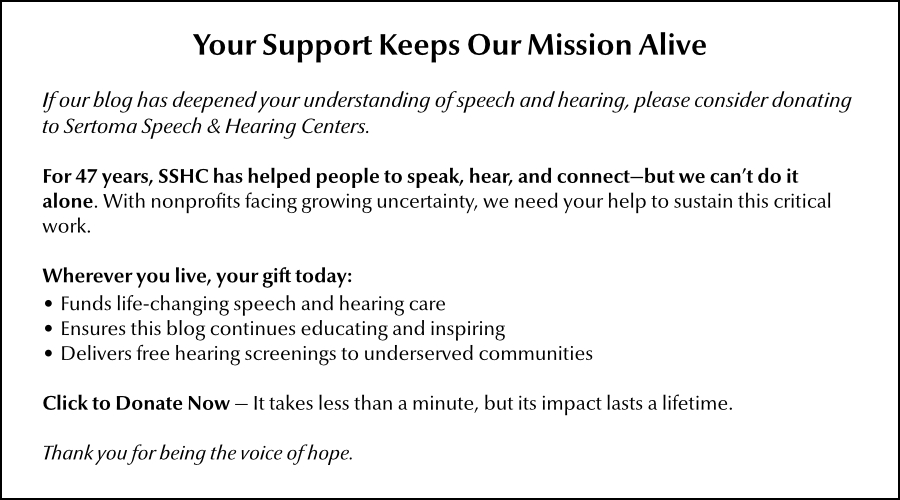Scientists have identified nerve fibers in the inner ear that function as a natural volume regulator, enabling mice to adapt to hearing impairment. This finding, from researchers at USC's Keck School of Medicine and the Baylor College of Medicine, may lead to innovative treatments for tinnitus and hyperacusis.
Why it matters
Your brain might be quietly fixing your hearing.
When hair cells in the ear degrade (from aging or damage), the brain sends signals via efferent nerve fibers to the cochlea to boost its sensitivity—essentially turning up the volume of the remaining cells.
- Efferent nerves send signals away from the central nervous system towards peripheral receptors, in this case, the cochlea.
- This long-term adjustment could pave the way for drugs to lower hypersensitivity in conditions like tinnitus (phantom noises) or hyperacusis (painful sound sensitivity).
How it works
A retina scan trick cracked the inner ear’s code.
Researchers adapted optical coherence tomography (OCT)—a tool used for eye exams—to peer into awake mice ears. For the first time, they saw the cochlea working in real-time, pain-free.
- What they saw: Efferent fibers didn’t adjust hearing short-term (like pupils reacting to light) but did ramp up activity over time to offset hearing loss.

The challenge
Studying awake ears was nearly impossible—until now.
Past research struggled to measure cochlear activity in awake humans or animals. Sedation skewed results, and tools couldn’t penetrate the ear’s bone structure. OCT solved both, revealing how the brain and ear collaborate.
The takeaway
Your brain’s hidden partnership with your ears could soon silence ringing ears—and make the world a quieter place for those who need it.
- Next step: Clinical trials to test drugs that block efferent fibers, potentially dialing down discomfort in hyperacusis patients.
- Better diagnostics: OCT could soon let doctors see hearing problems (not just test them), leading to personalized treatments.
Healthy hearing starts here
Schedule a free 15-minute hearing screening by an audiologist.
★ Call 708-599-9500 to schedule your free screening.
★ For facts about hearing loss and hearing aid options, download The Hearing Loss Guide.
★ Sign up for our newsletter for the latest on Hearing aids, dementia triggered by hearing loss, pediatric speech and hearing, speech-language therapies, Parkinson's Voice therapies, and occupational-hearing conservation. We publish our newsletter eight times a year.
Don't let untreated hearing loss spoil your enjoyment of life.


